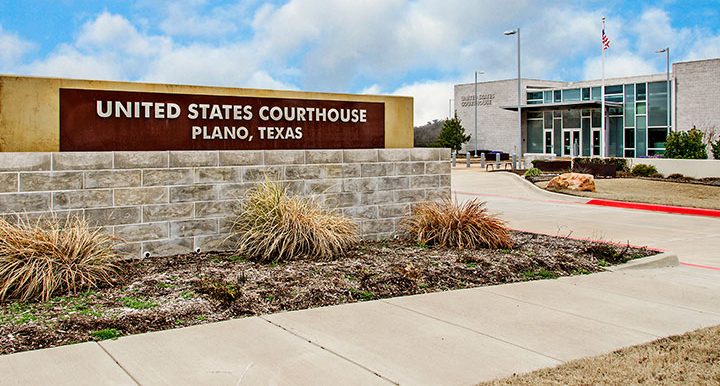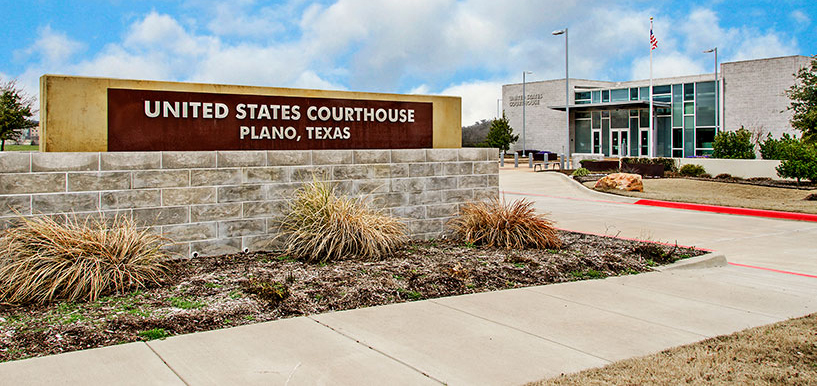A former student’s defamation case against Paige Patterson and Southwestern Baptist Theological Seminary was dismissed on summary judgment April 4.
U.S. District Judge Sean Jordan granted a petition to dismiss the final charges remaining against the seminary and its former president. The judge issued a similar order the previous week squashing claims of negligence.
Jury selection in the federal trial was scheduled to begin on Monday, April 3, but never happened. Instead, the next afternoon, Jordan issued a 52-page ruling explaining in detail why he believes the anonymous accuser does not have a case.
While federal judges have latitude to rule on the merits of a case even when a jury trial has been demanded by the plaintiff, the timing of this dismissal is unusual, according to seasoned attorneys consulted by Baptist News Global. The negligence claims were dismissed just six days before trial date, and the defamation claims were dismissed two days after the trial was scheduled to begin.
The court’s order does not pass judgment on whether Jane Roe was, in fact, raped by a student employee identified only as John Doe.
In sum, the court’s order does not pass judgment on whether Jane Roe was, in fact, raped by a student employee identified only as John Doe. A central part of Roe’s claim is that she was sexually assaulted multiple times by the student employee, that neither Patterson nor the seminary acted to stop the assaults, and that Patterson in his capacity as president defamed her after the story was told.
Patterson’s defenders have accused the woman of lying about what they believe was a consensual — although perhaps abusive — relationship.
In the earlier ruling, Judge Jordan said neither Patterson nor the seminary could have reasonably known Roe would be or had been assaulted.
The defamation claim hinged on four documents and two alleged statements about Roe that she said were untrue and caused her harm.
The four publications were a blog post published by Sharayah Colter on May 31, 2018, titled “The Untold Truth”; a news release from Patterson’s former attorney Shelby Sharpe on June 4, 2018; a CNN article quoting Shelby Sharpe published June 12, 2018; and a letter from seminary donor Gary Loveless sent to the trustee Executive Committee on June 29, 2018.
Roe also alleged Patterson defamed her sometime in 2016 through communications with seminary professor Patricia Ennis; and that Patterson defamed Roe in a May 22, 2018, meeting with seminary trustees.
Based on evidence obtained by sworn depositions and legal discovery in preparation for the trial, Jordan ruled, Roe did not demonstrate that Patterson or the seminary had authored or published any of the four documents. Nor did she demonstrate that Patterson had defamed her in the two other communications.
Although Jordan found Patterson’s attorney’s document titled “Release of Facts” could be considered defamatory, Roe did not prove she suffered damages because of that communication.
Jordan summarized: “Altogether, the court concludes that Roe has failed to create a genuine dispute of material fact as to any claim that Patterson directly defamed her.”
While the facts of Roe’s story of abuse and mistreatment at Southwestern were not on trial, her story was a central part of what brought Patterson down as seminary president. Trustees said Patterson mishandled this and other allegations of sexual abuse, in addition to complaints about his general leadership and financial accountability.
The primary documents and depositions gathered in preparation for the trial will remain under seal, including the names of both Jane Roe and John Doe.
Related articles:
Part of former student’s case against Patterson and Southwestern dismissed by judge
Trial date set for Patterson and Southwestern versus Jane Roe


